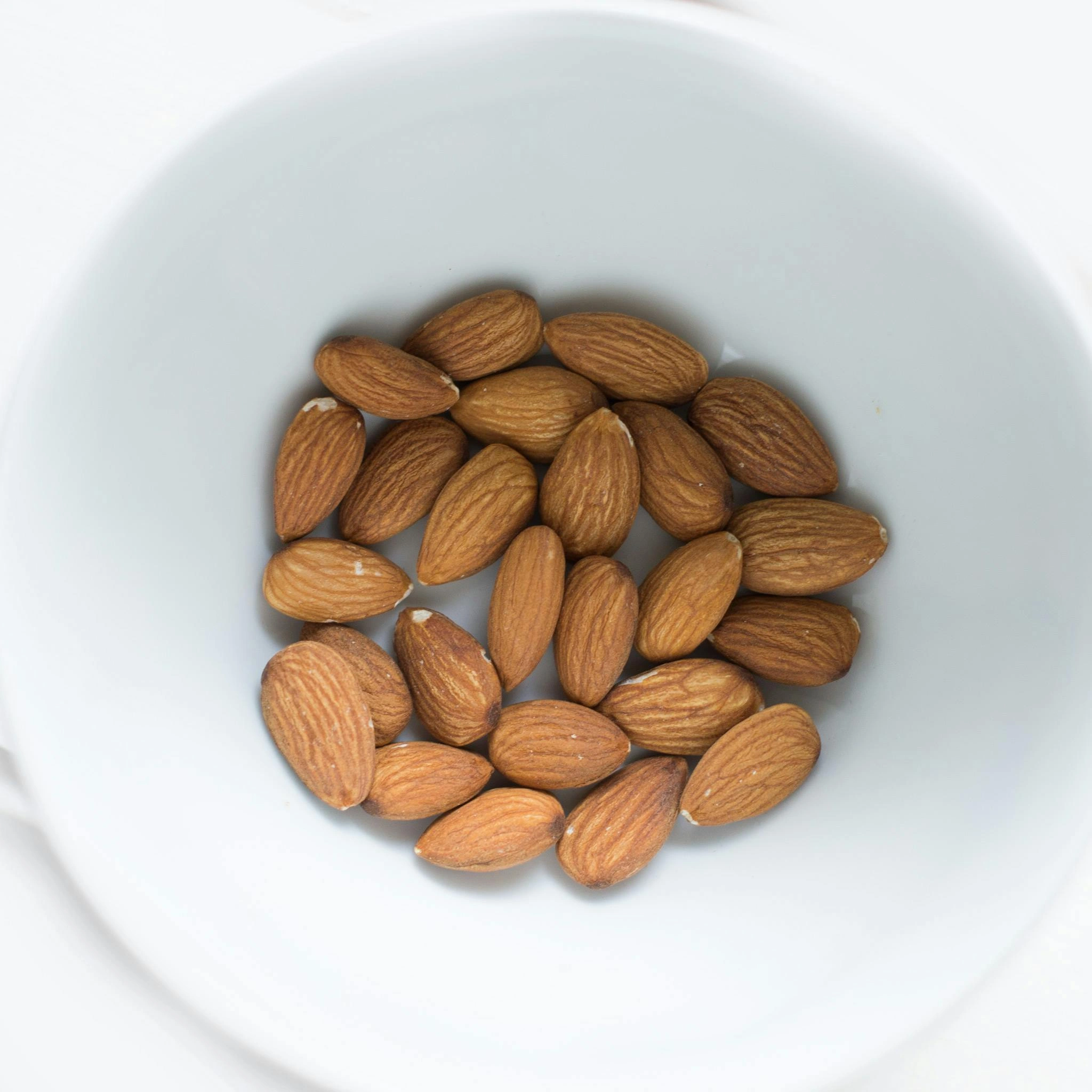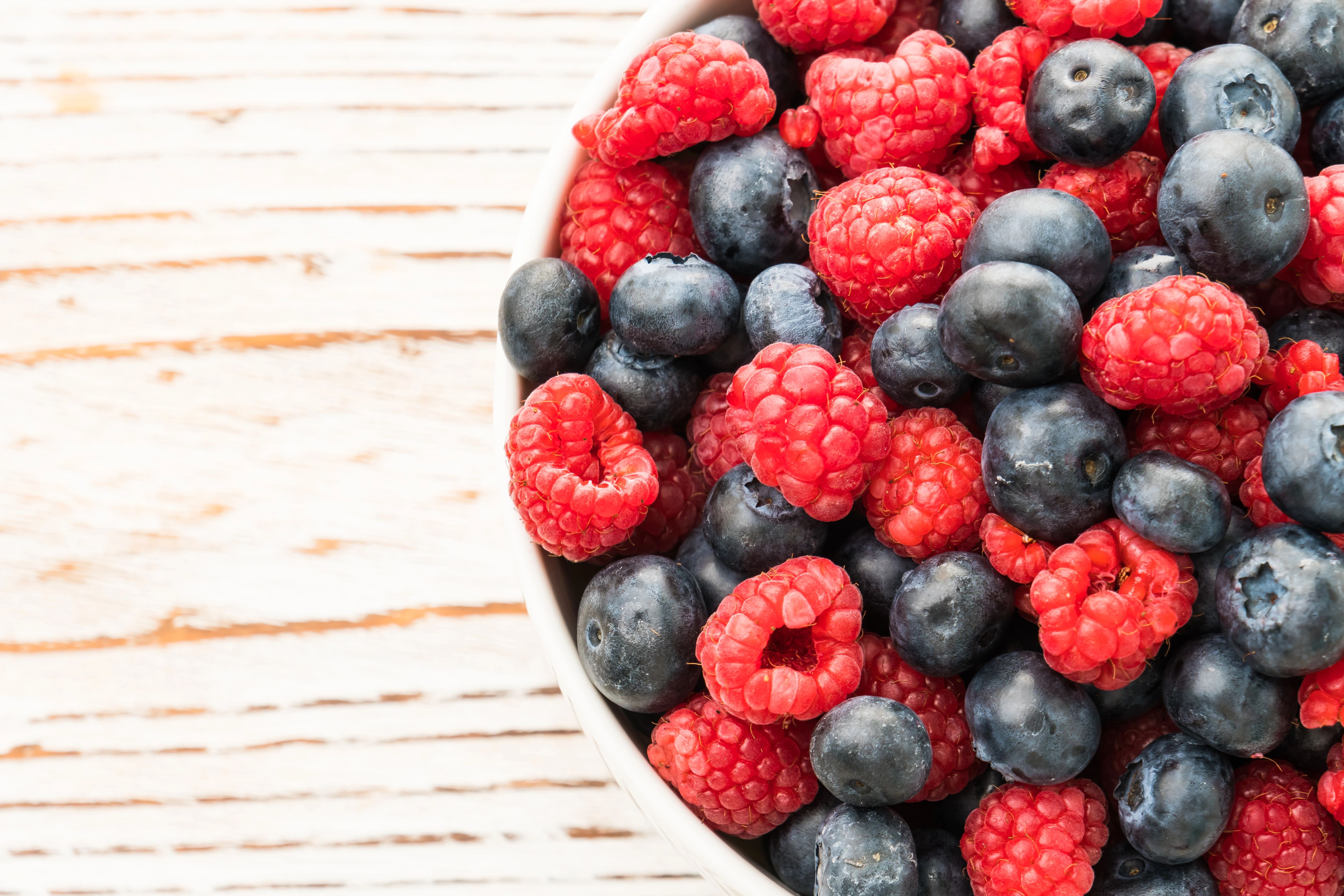10 Foods to Lift Your Mood and Mental Health



10 Foods That Improve Mood and Boost Mental Health
What you eat has a big impact on your mood and mental health. This is the area of nutritional psychiatry, where we explore how diet affects mental health. Research in nutritional neuroscience has shown the link between food and mood, and how certain foods can improve mental wellbeing. No one food is a magic cure for mood disorders but a healthy diet with nutrient rich foods can help with mental health and mood stability. This article looks at 10 mood boosting foods and how nutrition affects mood and brain function.
Why a Healthy Diet Matters for Mental Health?
A healthy diet is key to good mental health and preventing mood disorders. Eating a balanced diet with whole grains, fruits, vegetables, lean proteins and healthy fats can support brain health and reduce symptoms of depression. When you feed your body with nutrient rich foods you are providing the building blocks for neurotransmitters that regulate mood and brain function.
One of the biggest benefits of a healthy diet is its ability to regulate blood sugar. Stable blood sugar is key to stable energy and preventing mood swings. Foods high in refined sugars and simple carbohydrates cause rapid spikes and crashes in blood sugar leading to irritability and fatigue. Whole grains and complex carbohydrates provide a steady release of energy and help keep your mood stable all day.
Chronic inflammation caused by a poor diet is linked to many mental health conditions including depression and anxiety. Inflammatory foods like those high in trans fats and processed sugars can worsen these conditions. Anti-inflammatory foods like leafy greens, fatty fish and berries can reduce inflammation and overall health benefits including better brain function and lower risk of chronic diseases.
By eating a healthy diet you can take control of your mental health, reduce the risk of mood disorders and overall wellbeing.
1. Fatty Fish: Omega-3 Rich

Fatty fish like salmon, mackerel and sardines are a great source of omega-3s. These healthy fats are essential for brain health and neurotransmitter production and play a role in mood regulation. Omega-3s support brain chemicals like serotonin which help manage depressive symptoms and improve mood. Research from Massachusetts General Hospital has shown that diets high in omega-3s like the Mediterranean diet are linked to lower rates of mood disorders like depression and anxiety.
2. Dark Chocolate: A Sweet Mood Lifter

Dark chocolate isn’t just tasty – it also contains mood boosting neurotransmitters like serotonin and dopamine. It’s rich in naturally occurring compounds called flavonoids which have anti-inflammatory properties and can boost serotonin levels and support brain function and fight chronic inflammation. To get the health benefits choose dark chocolate with at least 70% cocoa and eat in moderation to avoid sugar spikes which can negatively impact mood.
3. Whole Grains: Complex Carbs for Energy Stability

Whole grains like oatmeal, brown rice and whole wheat bread are a source of complex carbohydrates which stabilise blood sugar and energy levels and prevent mood swings and bad moods caused by sugar spikes. Complex carbohydrates also support serotonin production and improve mood and mental clarity. Replacing ultra-processed foods with whole grains can improve brain function and provide essential vitamins like B vitamins which are key to mood regulation and nervous system health.
4. Leafy Greens: Nutrient Dense

Leafy greens like spinach, kale and Swiss chard are rich in folate, B vitamins and magnesium – nutrients for mental wellbeing. These vegetables support mood boosting neurotransmitters and immune function and brain and gut health. Eating vegetables regularly is linked to better mental health and reduced depressive symptoms so they should be a part of any brain healthy meal.
5. Fermented Foods: Gut Friendly

Fermented foods like yogurt, kimchi and kefir are high in probiotics which support gut health. Since the gut is connected to the brain through the gut-brain axis improving gut health can positively impact mood. Fermented foods balance the healthy bacteria in the gut which can improve mood regulation and reduce anxiety. Add these to your diet to support mental wellbeing naturally.
6. Nuts and Seeds: Snack Time

Nuts and seeds like almonds, walnuts, chia seeds and flaxseeds are a source of healthy fats, antioxidants and amino acids. These foods provide essential nutrients like magnesium and zinc which support brain function and fight inflammation. As snack foods nuts and seeds also stabilise blood sugar levels and provide sustained energy and reduce mood swings.
7. Sweet Potatoes: Comfort Food

Sweet potatoes are a comforting nutrient dense food high in complex carbohydrates, vitamin A and fibre. They stabilise blood sugar levels and provide sustained energy and reduce irritability and fatigue. Sweet potatoes are anti-inflammatory and good for overall brain health so add them to your mood boosting diet.
8. Berries: Antioxidant Superstars

Blueberries, strawberries and raspberries are not only tasty but also packed with antioxidants which fight inflammation and protect brain cells from damage. These fruits support better brain function and are linked to improved mood. Berries also support the production of brain chemicals that regulate mood and can help with other factors that contribute to depressive symptoms.
9. Eggs: Protein and B Vitamins

Eggs are a versatile and nutrient dense food that contains amino acid tryptophan which is essential for serotonin production. Rich in B vitamins eggs also support brain function, mood regulation and nervous system health. Eat eggs as part of a healthy breakfast and get energy and mood for the day.
10. Orange Juice: Vitamin C for Energy and Focus

Fresh orange juice is high in vitamin C and antioxidants which support immune function and brain health. Vitamin C is key to fighting oxidative stress and mood regulation. Add orange juice or other vitamin C rich foods like bell peppers and strawberries to your diet and get mental clarity and focus.
How Food Impacts Mood and Mental Health?
The link between diet and mental wellbeing is complex. Some foods like sugary drinks and ultra processed snacks offer no nutritional value and can harm mood and physical health. Other foods are nutrient dense and provide the building blocks for neurotransmitters, improve immune function and regulate brain receptors = better mental health.
Key nutrients like omega-3s, B vitamins and antioxidants are important for brain function and mood regulation. They reduce chronic inflammation, improve brain receptor response and stabilise mood swings so we can have emotional balance and mental wellbeing.
Mood Boosting Diet
You don’t need to make big changes to adopt a mood boosting diet. Here are a few ways to add more mood food to your daily routine:
- Eat More Fruits and Veggies: Aim for a rainbow of fruits and veggies to get maximum vitamins and minerals.
- Whole Foods: Replace ultra processed foods with whole grains, lean proteins and plant foods for sustained energy and mental health.
- Healthy Fats: Add sources of omega-3s like fatty fish and flaxseeds to brain health.
- Healthy Snacks: Replace sugary snacks with nuts, seeds or berries to avoid sugar spikes and natural mood boost.
- Hydrate: Drink water and limit sugary drinks which can cause irritability and fatigue.
How to Add Healthy Foods to Your Diet?
Adding healthy foods to your diet doesn’t have to be overwhelming. Start with small, achievable changes that can make a big impact on your mental wellbeing. Replace processed snacks with fruits and nuts and add more whole grains to your meals. These small swaps will stabilise blood sugar and give you sustained energy.
Trying new recipes and flavours can make healthy eating fun. Try different types of dark chocolate with 70% cocoa or explore the Mediterranean diet which is high in omega-3s and known for its mental health benefits. Add mood food like fatty fish, leafy greens and fermented foods to support brain health and mood.
Keeping a food diary can be a useful tool to track how different foods affect your mood and energy. By writing down what you eat and how you feel you can see patterns and make changes to your diet accordingly. This personalised approach will help you figure out what foods work for your mental wellbeing.
Cooking at home most nights of the week with fresh and whole ingredients is another strategy. Home cooking allows you to control the quality and nutritional content of your food and reduce processed and packaged foods. Try to include a rainbow of fruits and veggies, lean proteins and healthy fats in your meals to get the most health benefits.
By making these changes and eating nutrient dense foods you can improve your mood, support brain health and overall mental wellbeing.
Other Factors Affecting Mood
While diet is a big factor in mental wellbeing it’s not the only one. Lifestyle factors like exercise, sleep and stress management also play a role in mood regulation. Pregnant women for example may benefit from foods high in folate and vitamin D to support physical and mental health. Individuals with mood disorders should consult with a healthcare professional for personalised advice that complements a healthy eating plan.
Summary
Mood and mental wellbeing starts with what’s on your plate. A diet of whole foods, leafy greens, fermented foods and healthy fats gives your brain the nutrients it needs to function optimally and regulate mood. By choosing foods that support mental health and avoiding those with no nutritional value you can take control of a healthier, happier life.
Food isn’t just fuel – it’s a powerful tool for physical and mental wellbeing.
The Link Between Nutrition and Mental Health
Research has consistently shown that there is a strong link between nutrition and mental health. A healthy diet rich in whole foods, fruits, vegetables, and whole grains can help support mental wellbeing, while a diet high in processed and sugary foods can exacerbate mental health issues. The gut-brain axis plays a crucial role in this relationship, with the gut microbiome influencing the production of neurotransmitters and hormones that regulate mood and cognitive function. A diet that promotes a healthy gut microbiome, such as one rich in fiber and omega-3 fatty acids, can help support mental health.
Building a Healthy Diet for Mental Wellbeing
Creating a balanced diet to support mental well-being involves emphasizing whole, nutrient-rich foods. This includes incorporating a diverse array of fruits, vegetables, whole grains, lean proteins, and beneficial fats. It’s also important to limit or avoid processed and sugary foods, which can exacerbate mental health issues. A Mediterranean-style diet, which is rich in fruits, vegetables, whole grains, and healthy fats, has been shown to have numerous health benefits, including a reduced risk of depression and anxiety.
Foods That Support Mental Health
Fatty Fish and Seafood
Fatty fish and seafood are rich in omega-3 fatty acids, which are essential for brain health and have been shown to have anti-inflammatory properties. Omega-3s, particularly EPA and DHA, have been shown to support mental health by reducing symptoms of depression and anxiety. Fatty fish and seafood that are high in omega-3s include salmon, sardines, and mackerel.
Fruits and Vegetables
Fruits and vegetables are rich in antioxidants, fiber, and other essential nutrients that support mental health. Leafy greens such as spinach and kale are rich in folate, which is essential for the production of neurotransmitters that regulate mood. Berries, such as blueberries and raspberries, are rich in antioxidants and have been shown to have anti-inflammatory properties.
Whole Grains and Complex Carbohydrates
Whole grains and complex carbs, like brown rice, quinoa, and whole wheat bread, offer lasting energy and help maintain stable blood sugar levels. They are also rich in fiber, which can help support a healthy gut microbiome. Whole grains and complex carbohydrates can help reduce symptoms of depression and anxiety by providing a feeling of fullness and satisfaction.
FAQs: Mood Boosting Foods and Mood
-
Which foods improve mood? Foods that improve mood include fatty fish, dark chocolate, whole grains, leafy greens, fermented foods, nuts, seeds, sweet potatoes, berries, eggs, and orange juice. These foods are rich in essential nutrients that support brain health and mood regulation.
-
What drinks boost your mood? Drinks that can boost your mood include fresh orange juice, green tea, and herbal teas like chamomile or peppermint. These beverages provide antioxidants and other compounds that support mental wellbeing.
-
Does food put you in a better mood? Yes, food can significantly affect mood. Eating a healthy diet rich in nutrients helps regulate neurotransmitters and stabilize mood swings, leading to improved mental health.
-
Which foods increase serotonin? Foods that increase serotonin levels include those high in the amino acid tryptophan, such as eggs, nuts, seeds, and turkey. These foods help produce serotonin, a neurotransmitter that regulates mood.
-
How do I get an instant mood boost? For an instant mood boost, try eating a piece of dark chocolate, a handful of nuts, or a serving of berries. These foods provide quick energy and nutrients that can enhance mood.
-
What is the best natural mood enhancer? The best natural mood enhancers are foods rich in omega-3 fatty acids, antioxidants, and essential vitamins, such as fatty fish, dark chocolate, and leafy greens.
-
What is food and mood? Food and mood refer to the relationship between dietary habits and emotional wellbeing. Certain foods can positively or negatively impact mood and mental health.
-
What emotions are associated with food? Emotions associated with food can range from comfort and happiness to guilt and stress. The type of food and the context in which it is consumed can influence these emotions.
-
What does it mean to be in the mood for food? Being in the mood for food means having a craving or desire for a specific type of food, often influenced by emotions, memories, or sensory cues.
-
What are food mood swings? Food mood swings refer to changes in mood that occur due to fluctuations in blood sugar levels, often caused by consuming sugary or ultra-processed foods. Eating complex carbohydrates and nutrient-dense foods can help stabilize these swings.
Learn More
Discovering Diet Trends: Delicious Meals and Healthy Habits
Discover the joy of exploring popular diet trends like keto, intermittent fasting, and the Mediterranean diet. They offer tasty meals and healthy habits to make you feel good and energized

How to Do Clean Keto: Healthy Eating and Weight Loss Tips
Discover the benefits of clean keto for healthy eating and sustainable weight loss, focusing on whole foods, balanced macros, and long term wellness in this guide.


